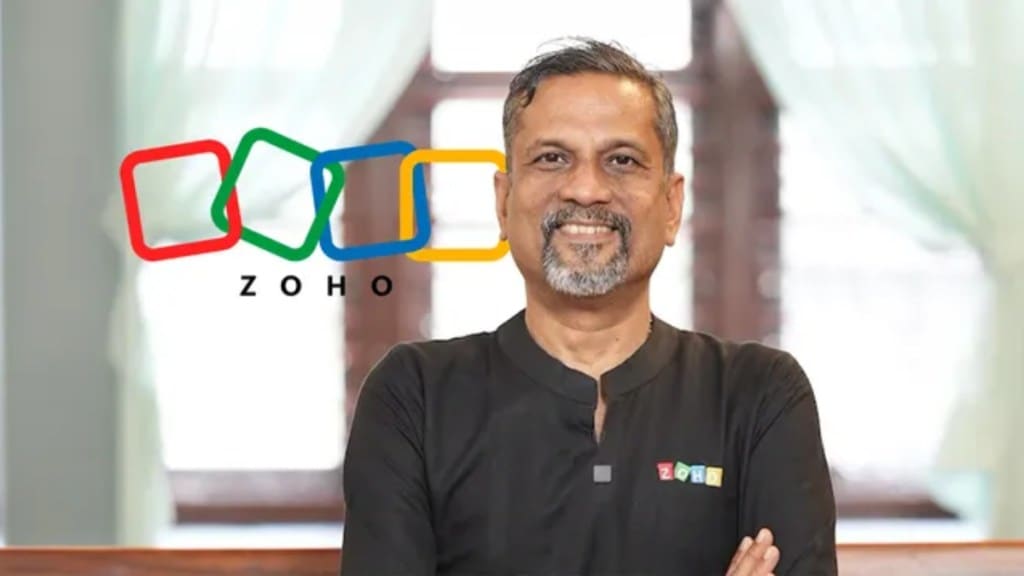If you are preparing for a competitive exam like JEE, NEET, or UPSC, please give this article a read. Also if you reach the end, we will surely change your viewpoint about these exams and your expectations that fancy coaching centers are coaxing you up with for their income. The founder of Zoho has put out an excellent observation about these exams.
Zoho founder Sridhar Vembu has stirred up a new debate on India’s talent, innovation, and the deep disconnect between elite gatekeeping and real-world capability. In a post on X, Vembu wrote, “Once you discover what we have discovered, you will stop fighting about reservation and so on.”
Is JEE, NEET, and UPSC Relevant?
Sridhar Vembu has a critical opinion of the narrow filters of India’s traditional merit systems like JEE, NEET, and UPSC. “I do not care about any of those exams. I ignore all those ‘signals’ and go with the evidence of our own eyes to discover and nurture talent,” he wrote in post on social media platform ‘X’, adding that his R&D team reflects India’s true social diversity — without any government compulsion.
Are Competitive Exams Westernising Indian Education?
The broader post explains what Vembu calls the “Washington Consensus” — a decades-old belief among India’s educated elite (himself included). The consensus says that globalisation and Western models of development would lift India. “That era died during the pandemic. Today, we perform the last rites,” he wrote.
Instead, he outlines a bold, nationalistic innovation agenda focused on “basic deep tech” — from DC motors and batteries to fighter jets, drones, jet engines, and bioreactors. “Every tech we do not have is deep tech,” Vembu wrote, insisting India must now treat the current global reset as a generational opportunity.
What is the future strategy?
Calling for a 5–15 year catch-up sprint, Vembu pointed to China’s success in developing strategic technologies. “We have the raw human talent in abundance and we can train. This much I know,” he said. But he cautioned that short-term venture capital is the wrong vehicle for such ambitions. “Venture capital with 7–8 year exit cycles cannot do it. It promotes a short-termism at odds with what our nation needs right now.”
Instead, he argued India’s industrial houses must lead in R&D, not just in capital but in mindset. “Catch-up R&D is not expensive. It is time-intensive,” he noted.
He concluded with a quiet provocation: the rural youth of Bharat are ready, raw, and waiting. “Patient capital is about nurturing this talent. Bring it on stream,” he wrote. “We have faced far worse adversity before. If we seize this moment, we’ll come to see it as a blessing.”.








